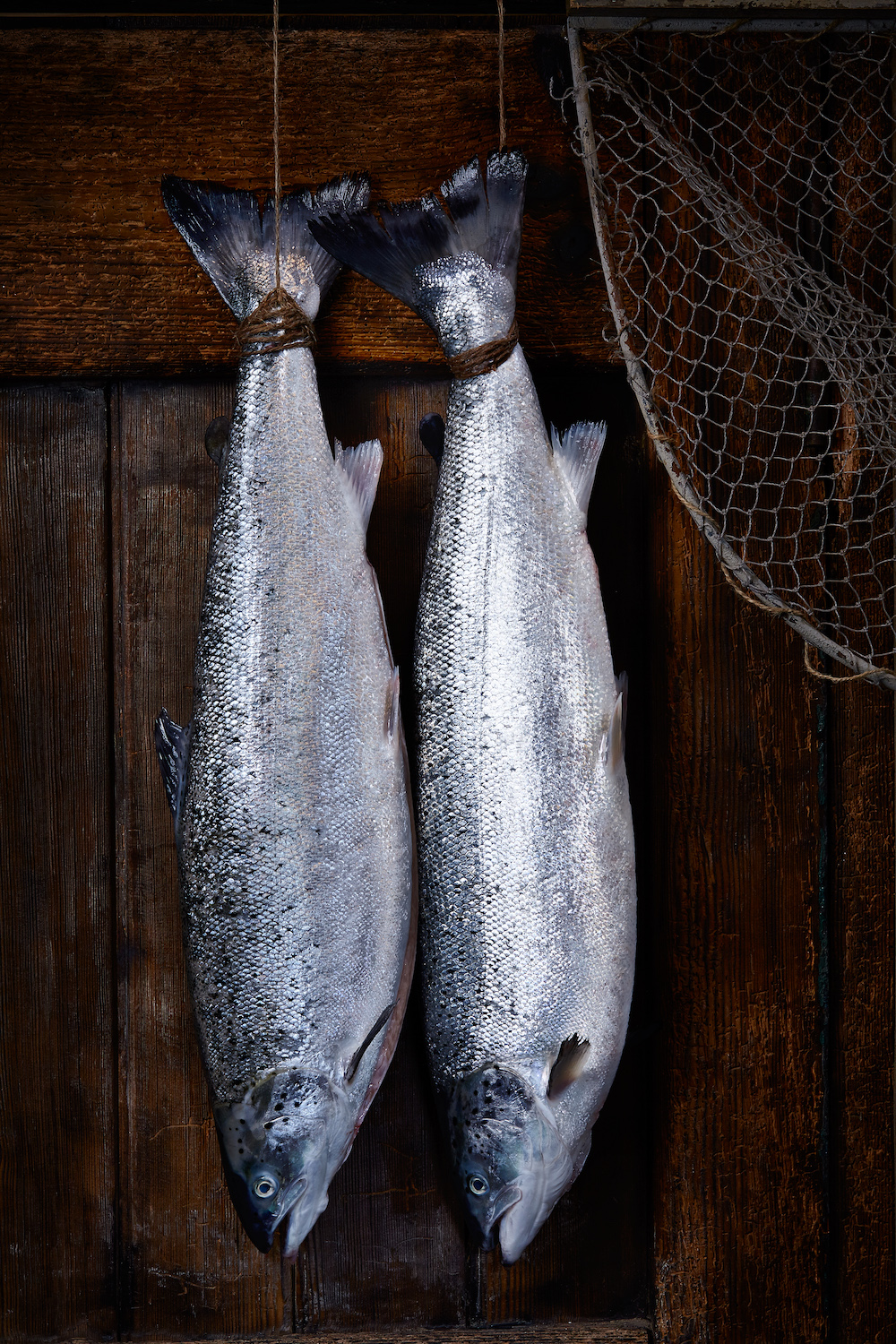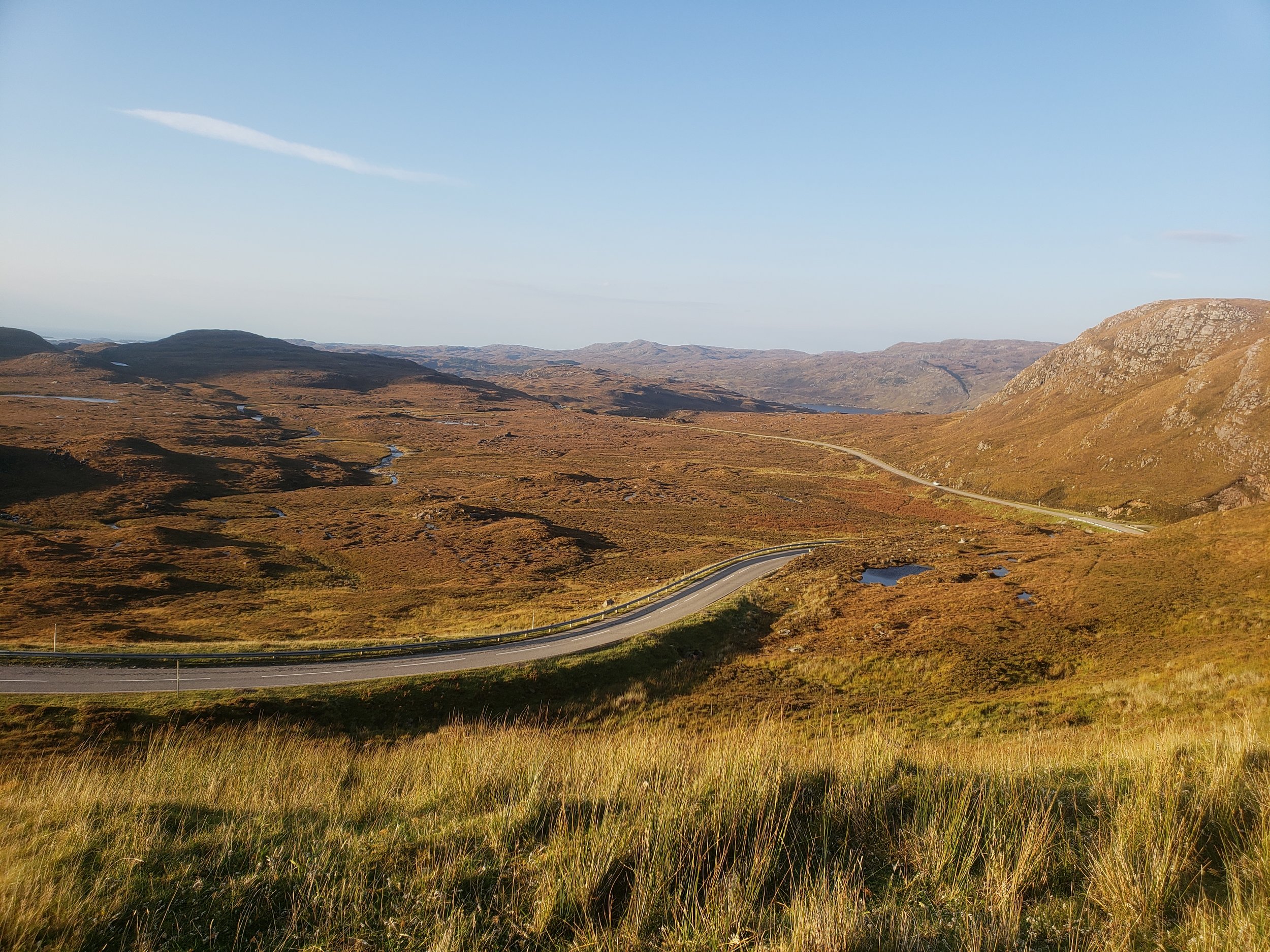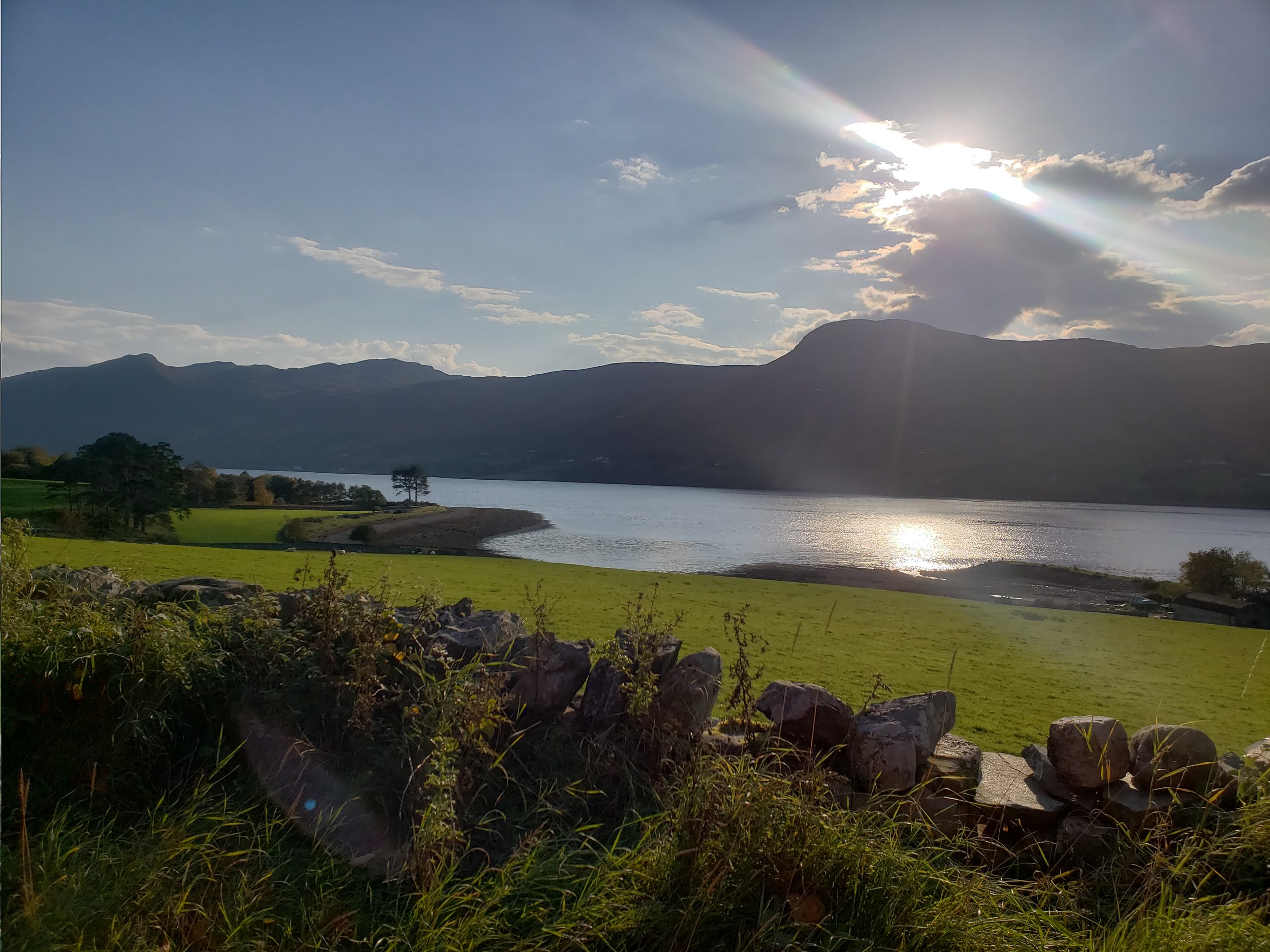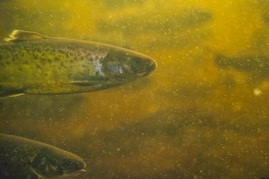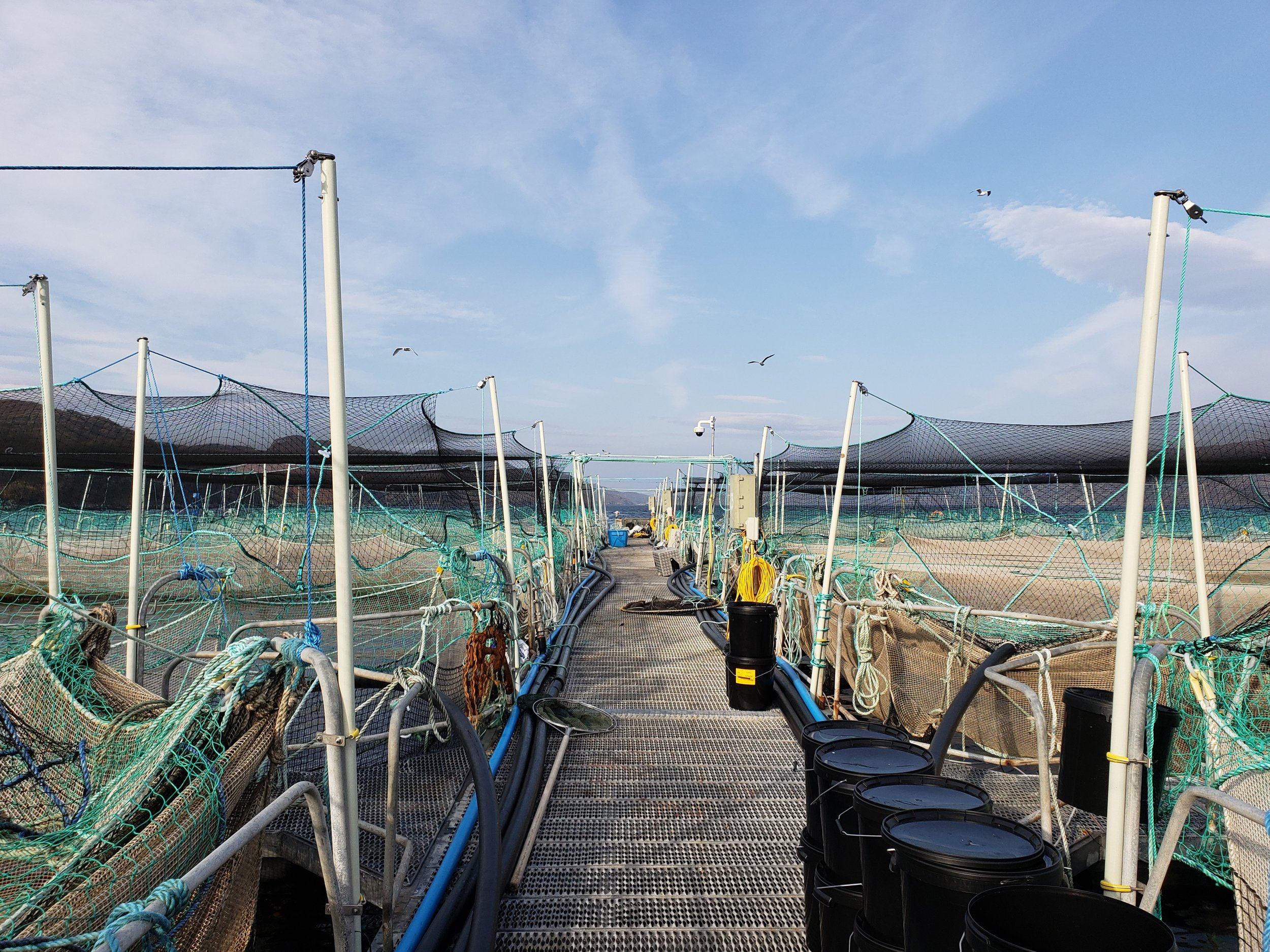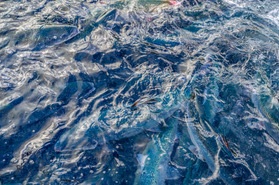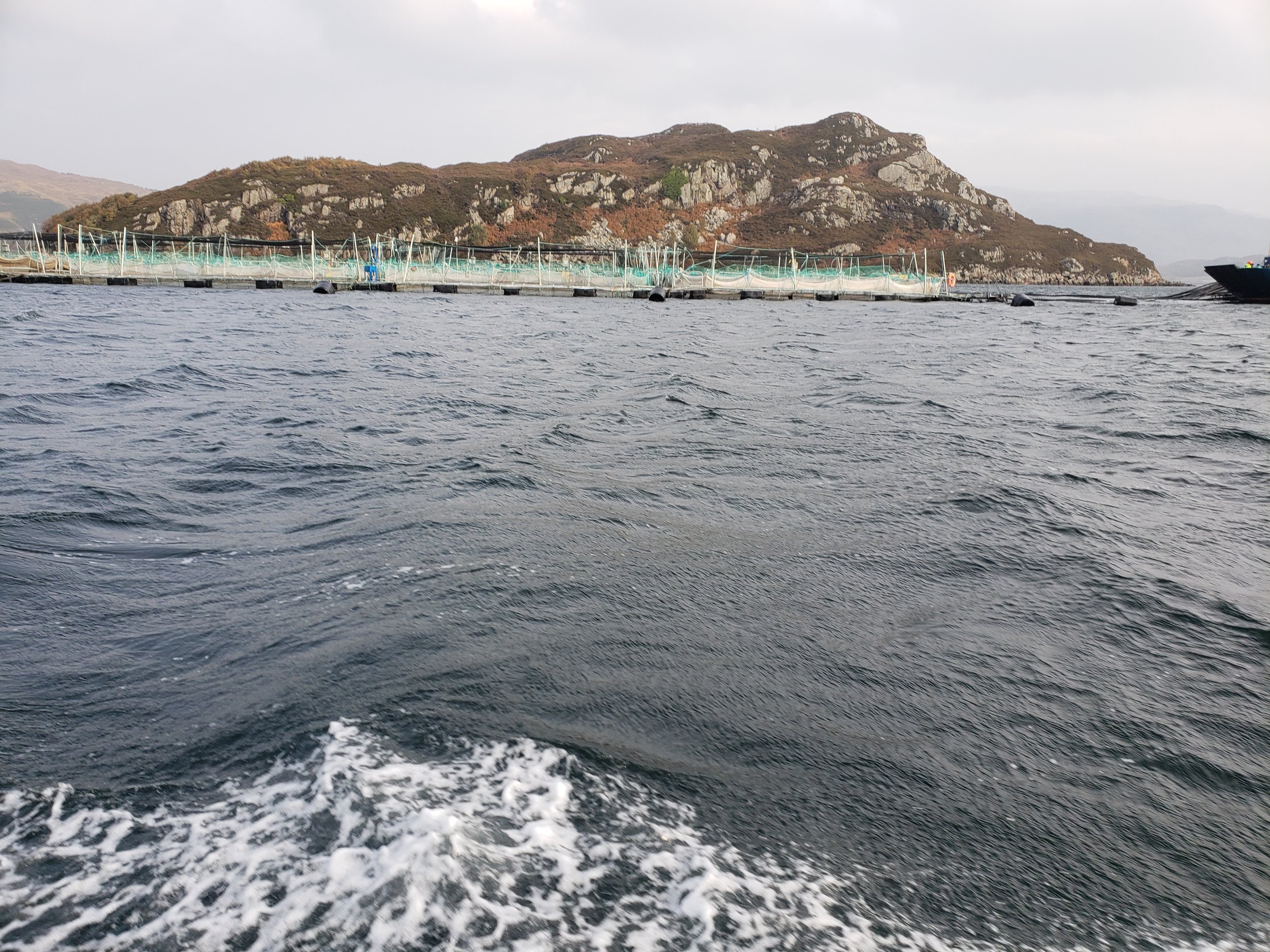How a Farmed Fish from Scotland Changed My Mind About Everything
Loch Duart Salmon
The story of a fish-hating restaurant cook turned wild fish evangelist who saw the light about aquaculture (or rather, tasted it).
I cannot recall one childhood memory of eating fish. Even into my early 20’s I hated seafood. Even after I started working at nice restaurants, I never ate seafood.
This was the late ‘90s in Austin, so my seafood world was basically limited to yellowfin tuna, various species called “snapper,” mussels, crab meat, oysters, shrimp... and salmon. Salmon was like chicken. It was on every menu. It was forgettable. It was just something you had to offer. I have no clue where any of those salmon came from. I assume it was some industrial commodity producer. Salmon, in other words, was an obligatory workhorse, nothing more. In fact, in a certain sector of the foodservice industry, the perception was perhaps negative overall.
Then I moved to France, where I quickly learned two things: first, that I actually loved seafood; and second, that a chicken is not necessarily just a chicken. Unfortunately, while my revelations led to me enjoy worlds of food I had never before considered, they did not change my mind about farmed salmon.
Back in the US In 2007, I got into the seafood trade by buying wild Texas fish from the docks and selling them to restaurants in Austin and Houston. I did not buy or sell anything but wild Texas fish, so naturally then, whatever seafood reputation I had was based on my work with wild fish. I didn’t just sell wild fisheries — I was an evangelist, a proselytiser (I might have been a fanatic). When a large, respected seafood company called me one day to convince me to go work for them, they did so exactly because of that wild fish reputation.
One by one my arguments against a farmed fish were dashed against the integrity and transparency with which Loch Duart operated.
Not surprisingly, I was more than a little hostile to the whole idea of fish farming. To my mind, everything good about fish came from its being wild, and the domesticated version could only be a pale imitation at best. To be clear, this attitude was based entirely on mistaken notions, though it would take me a little while before I came to that conclusion.
So, sometime around 2010, when CleanFish introduced Loch Duart to Texas, I was, to say the very least, skeptical. However, one by one my arguments against a farmed fish were dashed against the integrity and transparency with which Loch Duart operated.
Even if the husbandry and sustainability were great, in matters of taste, I didn’t expect much from a farmed salmon. No matter the level of husbandry and environmental responsibility, I reasoned, it was still farmed, and would taste as such. I was forced to concede with my first bite. My last argument against Loch Duart was to prove no more viable than the others. For this was no boring, insipid fish. This was something I could — and wanted to — eat every day. Never had I been happier to be wrong.
While it would take some time yet before I recognized the necessity for and promise of aquaculture, Loch Duart opened my eyes to the reality that fish could be farmed in a manner analogous to the best husbandry on land. And in taste, it could rival the best products in the world. Here was the Poulet de Bresse of salmon!
Here was the Poulet de Bresse of salmon!
In late 2018, as part of the CleanFish team, I got the opportunity to see Loch Duart for myself.
There’s not really a convenient way to get to Badcall Bay. As you drive west and north from Inverness, you will suddenly find yourself in a vast ancient valley ringed by gnarled, craggy peaks and rocks. You will know, even if you’ve never been there before, that you are in the Highlands.
When you have driven as far as you can without going into the ocean, you finally arrive at Badcall Bay. Nestled in a corner of the bay is an old building built long ago to protect sheep from cruel winters. Today, that building (filled now with offices and humans) is the home of Loch Duart salmon.
I found myself in these offices on a brisk October day, nearly a decade after I first heard of the farm. In that time, my thinking on fish farming made a dramatic shift, from atheist to advocate — and Loch Duart was foundational in changing my mind about seafood.
The farm has continued to quietly pursue the perfect fish, raised in the best circumstances
As we walked through the hatchery and nursery, I found myself entranced by the juveniles that would soon be heading out to the marine pens, where they would stay for another year and a bit. They look like, and are the same size as, dinner-plate Rainbow Trout. Later, motoring our way towards one of the walkways (around which are moored marine pens), I found myself pondering Loch Duart’s journey. Founded on the principle that excellent practices, innovatively applied, can and will produce superior fish, the farm has continued to quietly pursue the perfect fish, raised in the best circumstances. They have always eschewed most 3rd-party certifications, instead working directly and diligently to address those issues common to all agriculture. Their growth has always been incremental and focused on long-term goals, sometimes at the expense of immediate gain.
This inevitably drew me back to my own seafood journey, and the debt I owe Loch Duart for opening my eyes. And just as I was thinking this, a huge, healthy salmon jumped two feet out of the water. For a moment, it seemed suspended in the air, as if it were illustrating the point.

